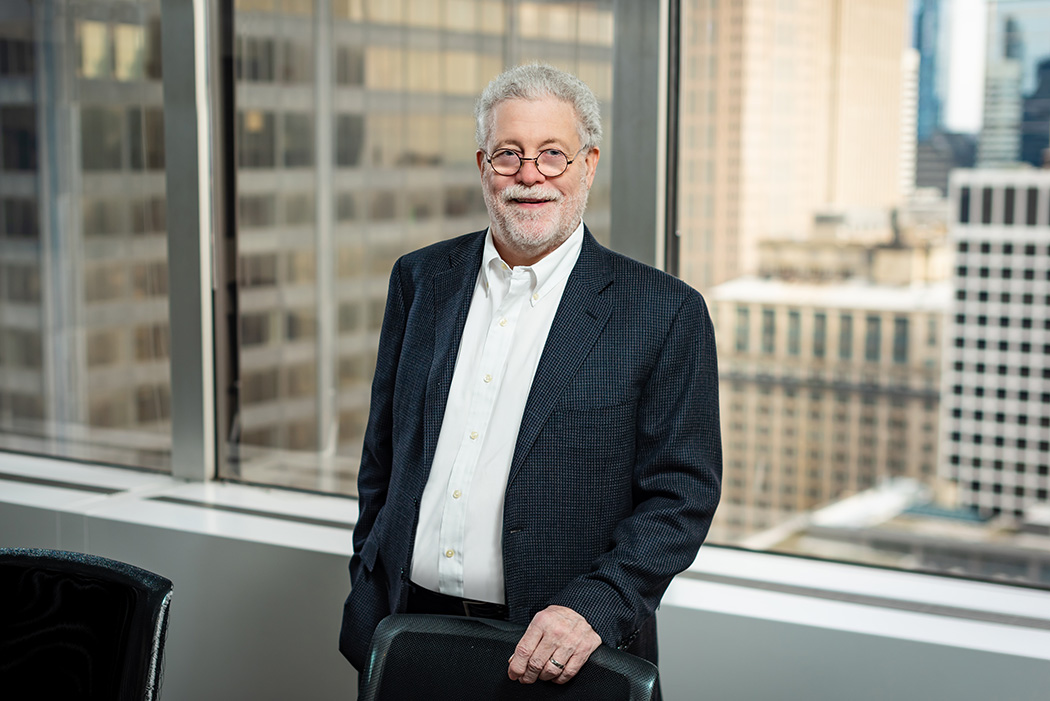Supreme Court Rules District Courts to Have More Discretion in Finding Willful Patent Infringement by Malicious Pirates
- June 14, 2016 (snippets Alert)
- Snippets
Authored by Andrew W. Williams, Ph.D. and Kevin E. Noonan, Ph.D.
On June 13, 2016, the Supreme Court ruled unanimously, in an opinion by Chief Justice Roberts, that an award of enhanced damages pursuant to 35 U.S.C. § 284 should be within the sound discretion of a district court, albeit wherein this discretion is limited to “egregious cases of misconduct beyond typical infringement.” The decision in the combined Halo Electronics, Inc. v. Pulse Electronics, Inc. and Stryker Corp. v. Zimmer, Inc. cases reverses the Federal Circuit test established in In re Seagate Tech., LLC, which had required a patentee to satisfy a two-part test (having subjective and objective components) to establish willful infringement. The Court acknowledged that this discretion has limits that are “to be guided by sound legal principles.” Nevertheless, the Court found the previous test established by the Federal Circuit to be unduly rigid; for example, the objective-recklessness prong could permit a “wonton and malicious pirate” to escape punishment if she could “muster a reasonable (even though unsuccessful) defense at the infringement trial.” Moreover, the Court found nothing in the statute or its historical application that supported Seagate’s “clear and convincing” evidentiary standard.
The Supreme Court also simplified the standard of appellate review to a single “abuse-of-discretion” standard. This replaced the trifurcated appellate review standard established by the Federal Circuit – de novo review of objective recklessness, substantial evidence review of the subjective knowledge prong, and abuse of discretion for the ultimate decision to award enhanced damages. The Supreme Court relied heavily on the outcomes in the Octane Fitness LLC v. Icon Health & Fitness Inc. and Highmark Inc. v. Allcare Health Mgmt. Sys. Inc. cases decided in 2014, which established the current district court and appellate standards for determining that a case was exceptional and deserved an award of attorney’s fees under § 285. In those cases, as well as the present decision, the Supreme Court overturned tests established by the Federal Circuit as too rigid, and made it more difficult for appellate courts to overturn lower court determinations.
Justice Breyer authored a concurrence, which was joined by Justices Kennedy and Alito, highlighting the limitations that should be placed on the lower court’s discretion to prevent these allegations of willful infringement from stifling innovation. First, an alleged infringer needs to do more than be aware of the patent to have enhanced damages awarded against it. Punitive sanctions should only be available for deliberate or wanton conduct, according to Justice Breyer. Second, failure to obtain an opinion of counsel should still not be evidence of willful infringement. While acknowledging that an informed opinion from a patent attorney could help establish the line between infringing and non-infringing activity, Justice Breyer expressed concern that the associated costs could ultimately serve to discourage innovation. Finally, § 284 enhanced damages should be limited to damages that compensate for infringement. Justice Breyer noted that litigation expenses are already addressed by the § 285 fee-shifting statute. The concurrence explained that these limitations are necessary “to ensure that [enhanced damages] only target cases of egregious misconduct.”
Decided June 13, 2016
The opinion can be found at http://www.supremecourt.gov/opinions/15pdf/14-1513_db8e.pdf.
Andrew W. Williams, Ph.D., an MBHB partner, has over fourteen years of experience in all areas of intellectual property law, with particular emphasis on patent litigation, client counseling, and patent procurement in the areas of biochemistry, pharmaceuticals, and molecular diagnostics. williams@mbhb.com
Kevin E. Noonan, Ph.D., an MBHB partner, has been a biotechnology patent lawyer for almost 25 years. His practice involves all aspects of patent prosecution, interferences, and litigation. noonan@mbhb.com
© 2016 McDonnell Boehnen Hulbert & Berghoff LLP
snippets is a trademark of McDonnell Boehnen Hulbert & Berghoff LLP. All rights reserved. The information contained in this newsletter reflects the understanding and opinions of the author(s) and is provided to you for informational purposes only. It is not intended to and does not represent legal advice. MBHB LLP does not intend to create an attorney–client relationship by providing this information to you. The information in this publication is not a substitute for obtaining legal advice from an attorney licensed in your particular state. snippets may be considered attorney advertising in some states.

